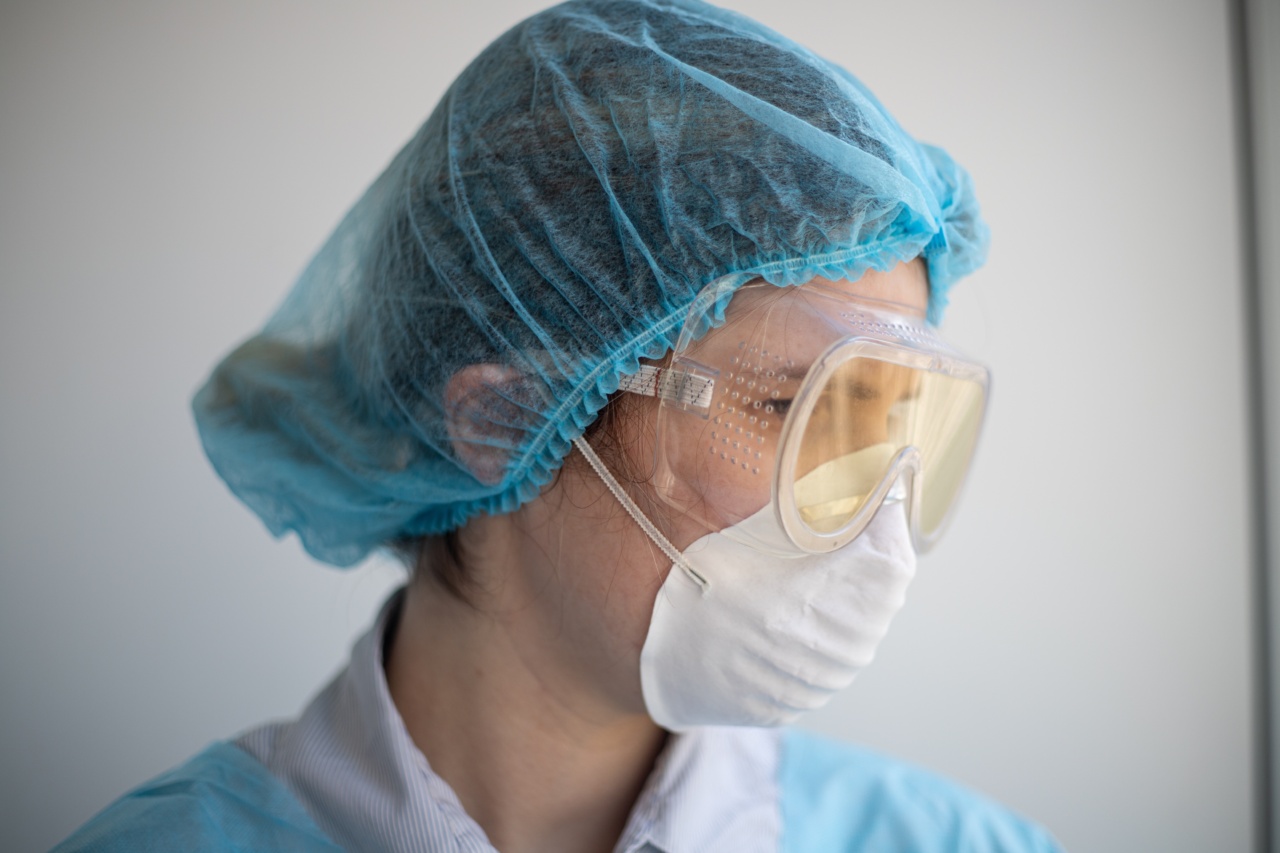Acupuncture is a form of traditional Chinese medicine that has been used for centuries to treat a variety of ailments.
The practice involves inserting thin, sterile needles into specific points on the body to stimulate the body’s natural healing response. Over the years, acupuncture has gained popularity in the Western world as a safe and effective alternative to traditional medicine. In this article, we will explore how acupuncture works and its potential benefits.
How Does Acupuncture Work?
Acupuncture works by targeting specific points on the body that are believed to be connected to the body’s energy flow, or Qi. According to traditional Chinese medicine, Qi flows through the body along 12 major channels, or meridians.
When Qi is blocked or disrupted, it can lead to physical and emotional imbalances, causing pain and illness.
Acupuncture needles are inserted into specific points along these meridians to help restore the flow of Qi and stimulate the body’s natural healing process.
The needles are very thin, and most people report feeling little to no discomfort during the treatment.
What Conditions Can Acupuncture Treat?
Acupuncture has been used to treat a variety of conditions, including:.
- Chronic pain
- Anxiety and depression
- Insomnia
- Migraines and headaches
- Arthritis
- Menopause symptoms
- Digestive issues
- Allergies
Studies have shown that acupuncture can be particularly effective in treating chronic pain, such as back pain and neck pain. It is also often used as a complementary therapy to manage the side effects of cancer treatment.
The Benefits of Acupuncture
While the exact mechanisms behind acupuncture’s benefits are not fully understood, studies have shown that acupuncture can help reduce inflammation, improve blood flow, and stimulate the body’s natural healing processes.
One of the main benefits of acupuncture is that it is a non-invasive, drug-free therapy. This makes it a safe option for people who may not be able to take certain medications due to allergies or other health concerns.
In addition to its physical benefits, acupuncture has also been shown to have mental health benefits. It can help reduce stress, anxiety, and depression, and improve overall mood and well-being.
What to Expect During an Acupuncture Session
During an acupuncture session, your acupuncturist will begin by reviewing your medical history and discussing your goals for treatment.
They will then insert the acupuncture needles into specific points on your body, and you will lie still for 20-40 minutes while the needles do their work.
Most people report feeling relaxed and peaceful during the treatment. Some may experience a slight tingling sensation or warmth at the needle site, but it is generally not painful.
Is Acupuncture Safe?
Acupuncture is generally considered safe when performed by a trained and licensed acupuncturist. The needles used in acupuncture are sterile and disposable, and the risk of infection is very low.
However, as with any medical treatment, there are certain risks associated with acupuncture. These may include minor side effects such as bruising or soreness at the needle site, or more serious risks such as punctured organs or infections.
It is important to discuss any concerns you have with your acupuncturist before beginning treatment.
Conclusion
Acupuncture is a safe and effective alternative to traditional medicine for a variety of conditions. Its ability to stimulate the body’s natural healing processes makes it a valuable addition to any health and wellness routine.
If you are interested in trying acupuncture, be sure to find a licensed and experienced acupuncturist in your area to ensure the safest and most effective treatment possible.





























